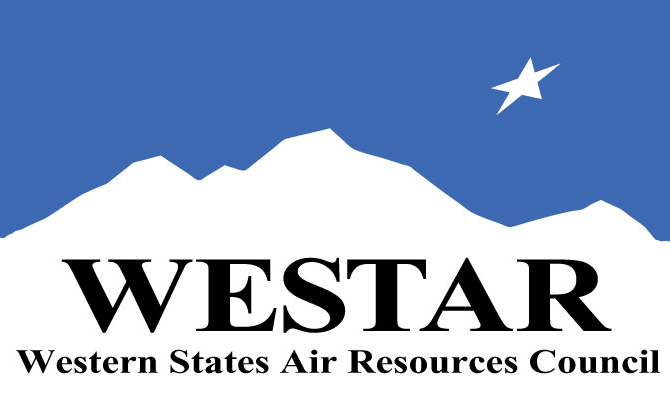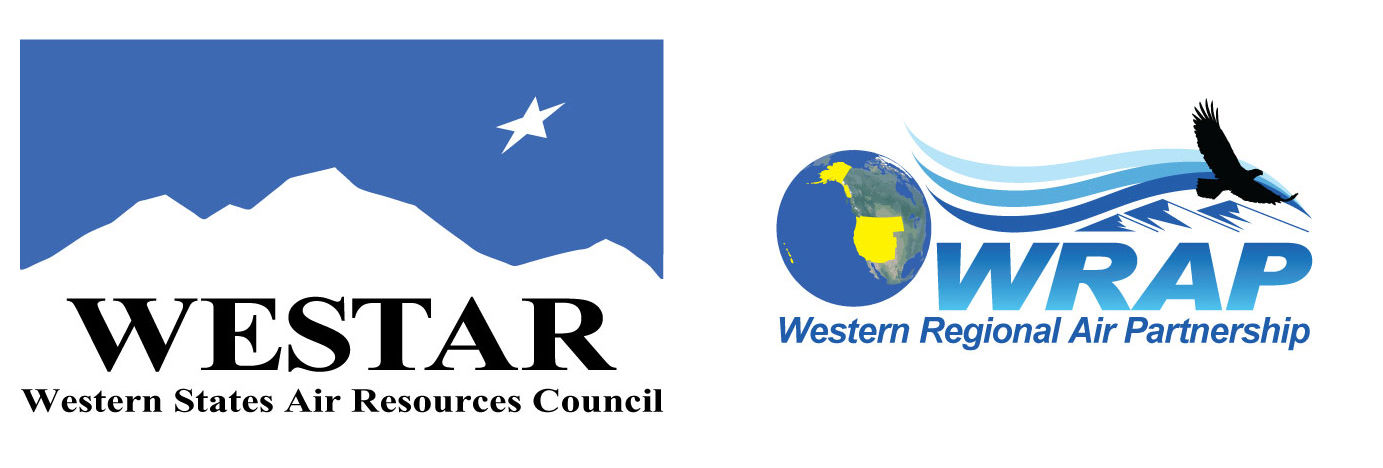Fire & Smoke Management
Overview
Smoke impacts from wildfires, prescribed fires, and agricultural burning are significant air pollution sources in the western United States. The length of fire season, and the duration, intensity, and impacts of individual wildfires are increasing. The reasons for this include a warming climate, a build-up of wildland fuels after years of policies prioritizing total fire suppression, and an expansion of the wildland-urban interface. The trend toward increasing fire frequency and size will continue in the future. With a better understanding of the role of fire in maintaining healthy landscapes, public policy is evolving to balance the inevitability of fire with the need to protect human infrastructure and public health and welfare. In addition to non-burning methods for fuels management, this is done in part through the application of prescribed fire at various scales and frequencies, requiring land managers and air quality agencies to cooperate continuously. Agricultural fire applications also involve collaborative management by regulators and landowners for these short-term seasonal events.

Contact Us
Western States Air Resources Council
(WESTAR)
1209 Mountain Road PL NE
Suite 5162
Albuquerque, NM 87110-7845
Phone: (505) 954-1160
Fax: (505) 954-1216

